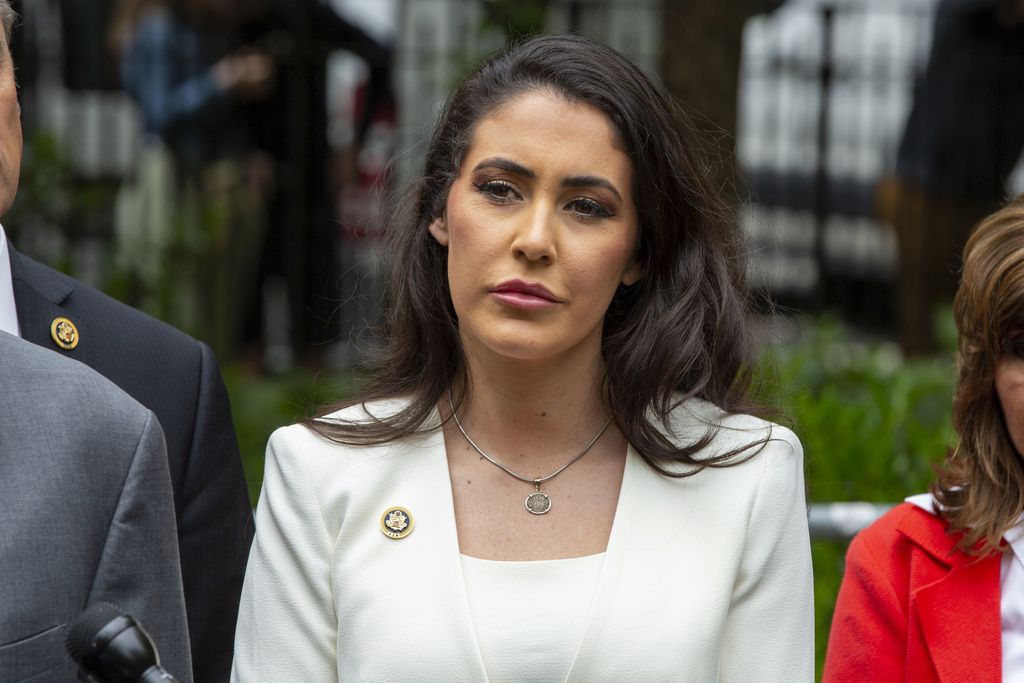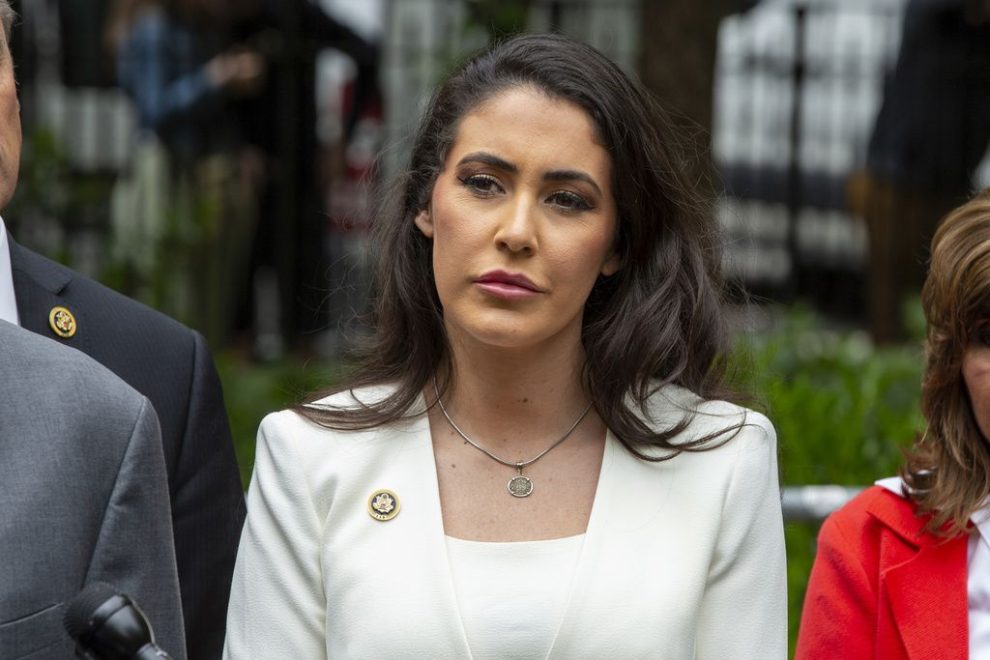EXCLUSIVE — El Salvador Caucus Co-Chairwoman Anna Paulina Luna (R-FL) will lead a delegation to El Salvador to meet with Salvadoran President Nayib Bukele.
Luna took over as co-head of the House El Salvador Caucus after former Rep. Matt Gaetz left Congress. In an appearance on the Matt Gaetz Show on One America News Network, Luna revealed she was going to take her first trip to the country while in her current role, leading a congressional delegation.
She announced the trip after Gaetz asked her about President Donald Trump’s plan to send some of the United States’s most violent criminals to Salvadoran prisons.

Luna said she would “love” to send violent, illegal immigrant criminals to El Salvador. She said the trip to meet with Bukele personally would occur sometime in March.
Bukele announced earlier this week that he would accept violent illegal immigrants from the U.S. The plan was welcomed by conservatives, though proved controversial among Democrats and other critics.
“President Bukele agreed to take back all Salvadoran MS-13 gang members who are in the United States unlawfully,” State Department spokeswoman Tammy Bruce said in a statement. “He also promised to accept and incarcerate violent illegal immigrants, including members of the Venezuelan Tren de Aragua gang, but also criminal illegal migrants from any country.”
Bukele’s government has worked to cut down on the number of migrants fleeing El Salvador, once one of the top migrant groups to the U.S. According to the Wall Street Journal, the number of Salvadorans trying to cross the southern border illegally has declined by 44% from its height in 2015 to 2023.
The bipartisan El Salvador Caucus was formed in July, a development first reported by the Washington Examiner.
In his last act as head of the caucus, Gaetz hosted a Salvadoran delegation at the National Archives in November. Speaking with the Washington Examiner at the event, Salvadoran Ambassador Carmen Milena Mayorga expressed optimism that relations with the U.S. would improve with Trump taking power — something which appears to have borne out.
“And now, with the new administration, I think we can also improve some areas like trade, we can have a good exchange experience in security, and much more. And I think we have a very good representation in the Congress, which is also very good for our diaspora,” she said at the time, noting there were three million Salvadorans living in the U.S.
Mayorga also noted past troubles between the U.S. and El Salvador, in line with the night’s theme that the current moment was the high point of relations.
“We’ve been a true ally for the United States. Sometimes in the past, we didn’t have the correct treatment. It was … some unfair actions and events. So now, I think we’re looking forward. We’re happy that we know some new faces in the administration,” citing then-Sen. Marco Rubio and accurately predicting that he would be chosen as Trump’s secretary of state.
Over the past five years, El Salvador has gone from a byword for dysfunction in American politics to a potential model for some, particularly for those on the Right. The turnaround was due to the controversial policies of Bukele.
Bukele won the 2019 election on an anti-establishment platform, particularly around promises to crack down on gang violence, which had paralyzed the country. Years into his administration, a massive statewide crackdown on gangs in 2022 effectively destroyed the infamous MS-13 and 18th Street gangs, which had de facto-ruled the country for more than a decade. Roughly 75,163 suspected gang members were arrested, according to Al Jazeera, and thrown in specially designed prisons.
CLICK HERE TO READ MORE FROM THE WASHINGTON EXAMINER
For all its criticism, the policy has led the Massachusetts-sized country to go from the most violent country on Earth to one of the safest, boasting the second-lowest murder rate in the Western Hemisphere behind only Canada.
Though the murder rate had declined for several years since an all-time peak in 2015 of 106 deaths per 100,000 inhabitants, largely due to government negotiations with, and appeasement of, the two leading gangs, Bukele’s approach effectively broke the power of the gangs. El Salvador’s current murder rate is 92% lower than that of 2015, the Wall Street Journal reported.
























